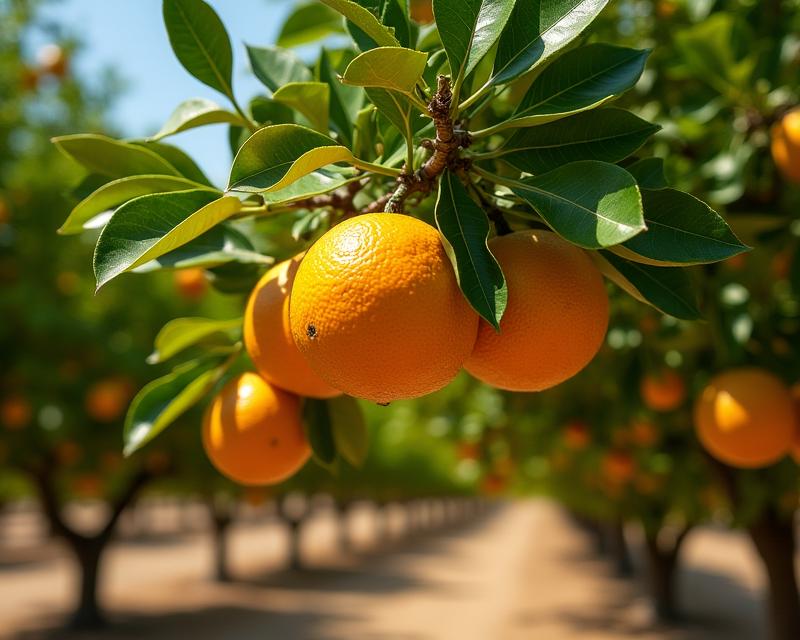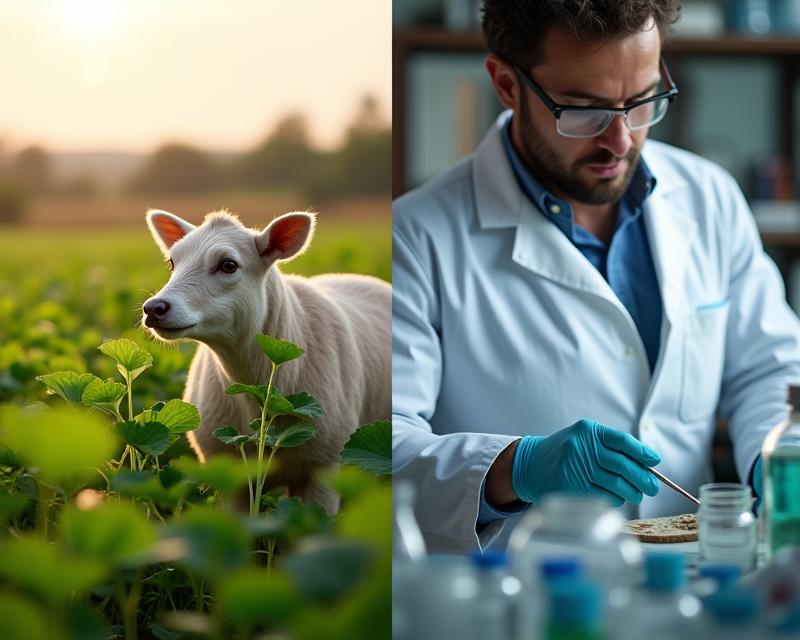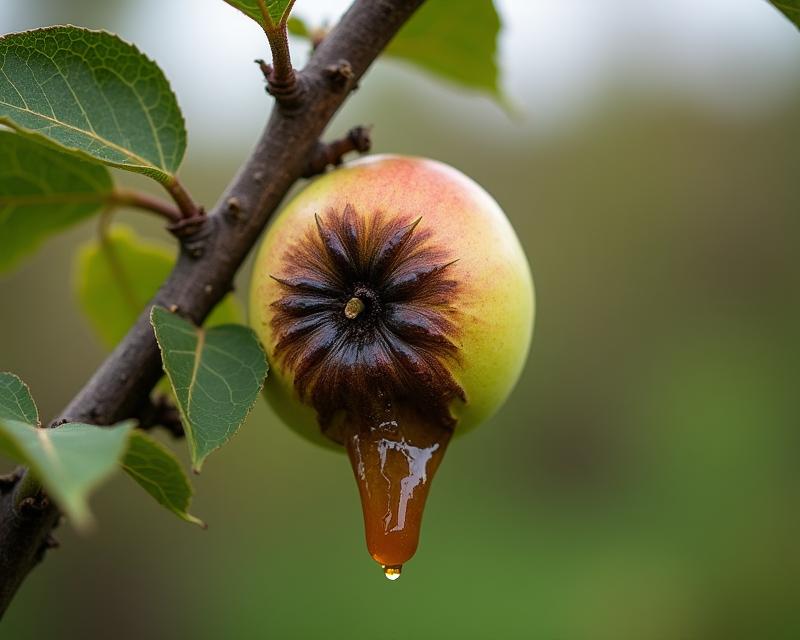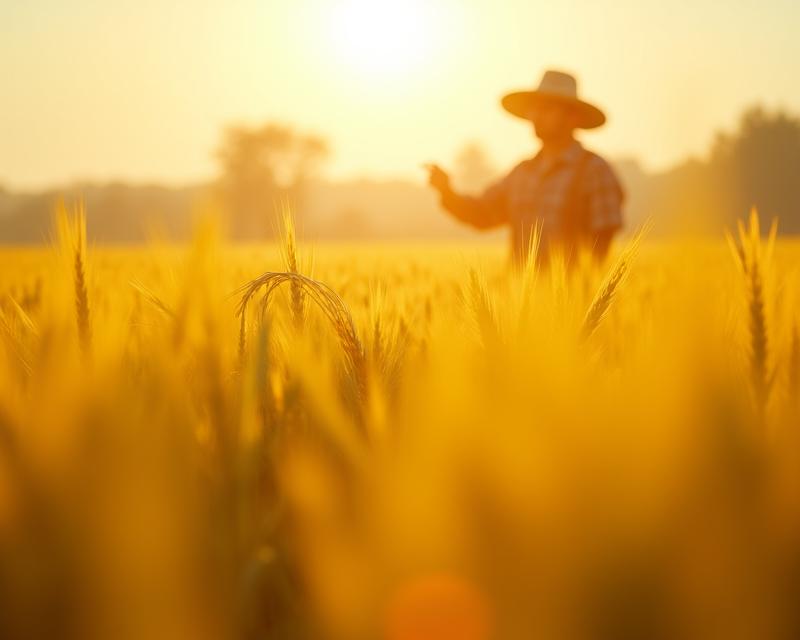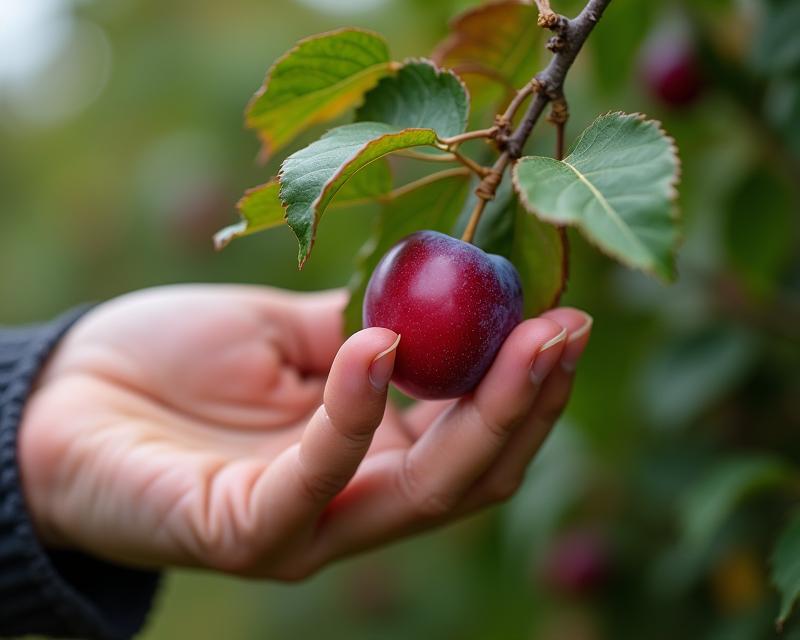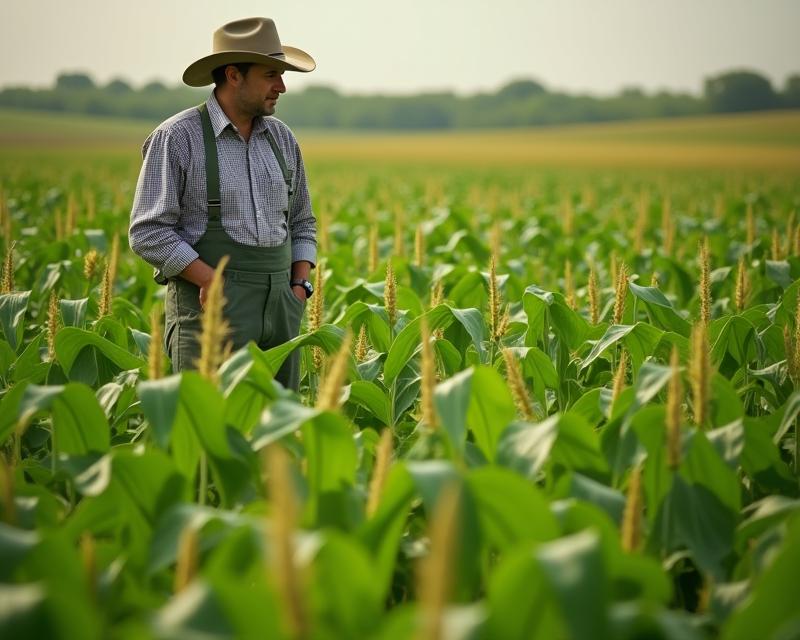Soil Testing: Key to Crop Success
Publish in Crops el 28/06/2025 22:35
Soil Testing: Key to Crop Success
Healthy soil is the foundation of a successful harvest. Before you even think about planting your crops, understanding your soil's composition is crucial. Soil testing provides valuable insights into its nutrient levels, pH balance, and overall health, allowing you to make informed decisions about fertilization and soil amendments. Neglecting this step can lead to stunted growth, reduced yields, and ultimately, a disappointing harvest.
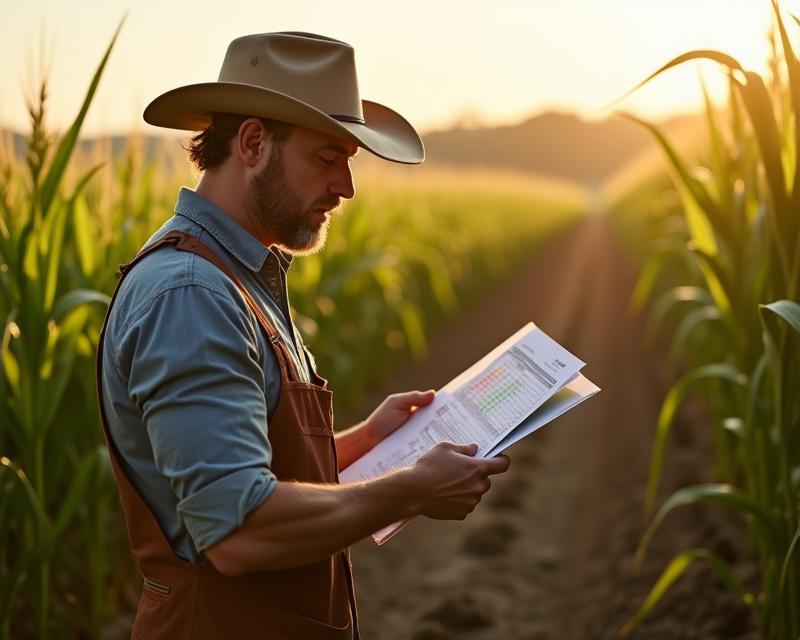
Why is Soil Testing Important?
Soil tests reveal the presence and quantity of essential nutrients like nitrogen (N), phosphorus (P), and potassium (K), which are vital for plant growth. They also measure the soil's pH, which affects nutrient availability. An incorrect pH can lock out nutrients, even if they are present in sufficient amounts. Furthermore, testing can identify potential soil contaminants or imbalances that could harm your crops. Knowing your soil's characteristics empowers you to tailor your farming practices for optimal results.
How to Conduct a Soil Test
You have a few options for soil testing. You can purchase a home soil test kit from most garden centers, which are relatively inexpensive and provide a general overview. Alternatively, you can send a soil sample to a professional soil testing laboratory. Labs offer more comprehensive analyses and detailed recommendations. To collect a representative sample, take multiple smaller samples from different areas of your field, about 6-8 inches deep, and mix them thoroughly. Follow the lab's instructions carefully for proper sample submission.
Interpreting Results and Taking Action
Once you receive your soil test results, carefully review the recommendations. The lab report will typically indicate nutrient deficiencies or excesses and suggest appropriate fertilizer applications. Adjust your fertilization plan based on the results, using balanced fertilizers to address any imbalances. Consider adding organic matter, such as compost or manure, to improve soil structure and fertility. Regular soil testing (every 1-3 years) is essential to maintain optimal soil health and ensure consistent crop yields. Investing in soil testing is an investment in the future of your farm.
